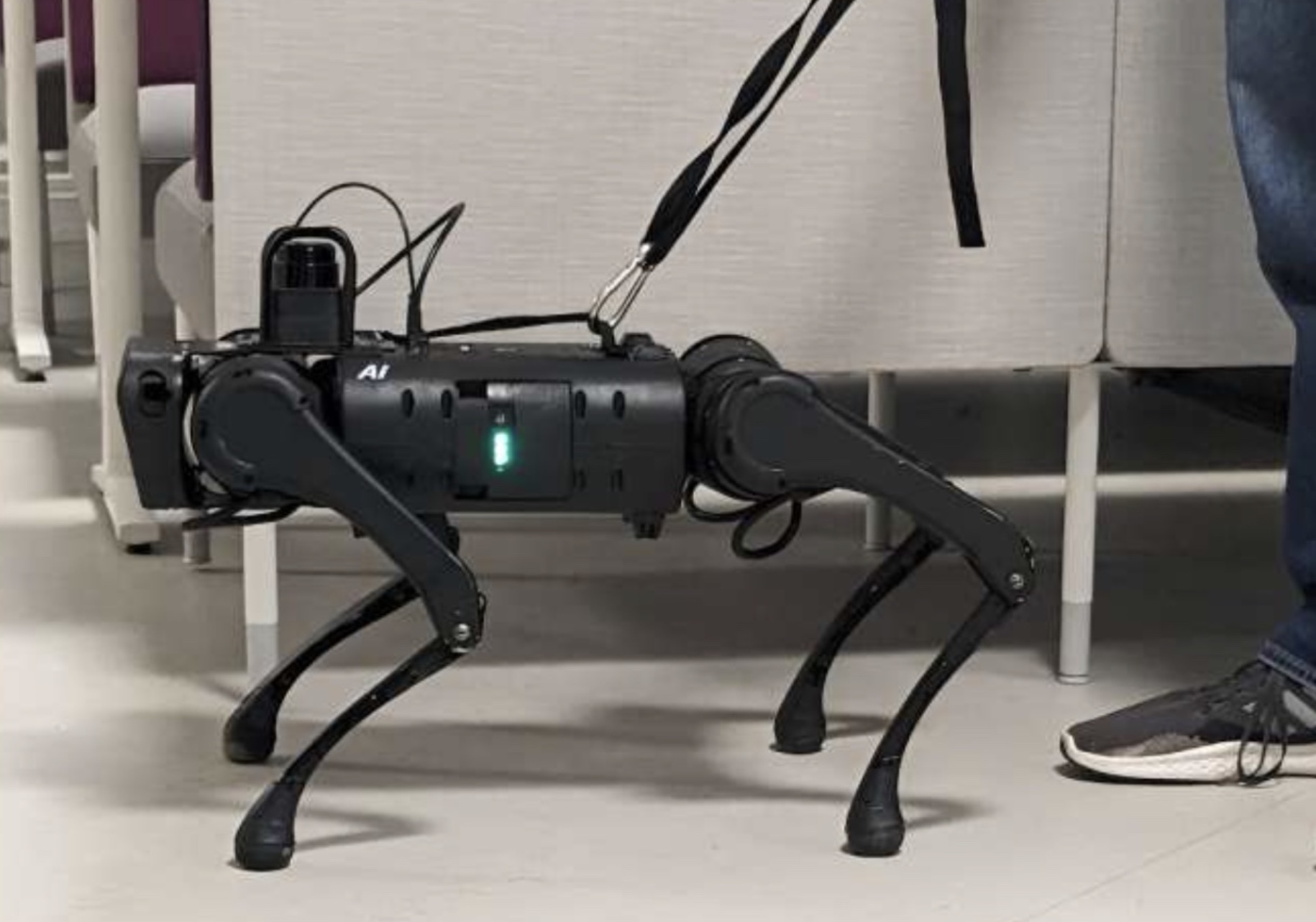At Binghamton University, a team led by Professor Shiqi Zhang has programmed a robotic guide dog, a breakthrough that promises to revolutionize assistance for visually impaired individuals. This robot, which responds to tugs on its leash, is the outcome of a project aiming to overcome the limitations of access to real guide dogs, which are expensive and require extensive training.

With just 10 hours of training, the robot has shown its ability to autonomously navigate and guide, avoiding obstacles and responding to specific commands. The team is working to incorporate a natural language interface and develop “intelligent disobedience,” enabling the robot to avoid risky situations.

Collaboration with the visually impaired community has been key, providing essential feedback that guides the research toward practical applications, such as detecting irregularities on the path. The long-term vision is for these robots to act as assistants in public spaces that are difficult to navigate, significantly improving accessibility.
This project is not only a testament to technological ingenuity but also a step towards the inclusion and autonomy of visually impaired individuals. With their research presented at the Conference on Robot Learning (CoRL), the Binghamton team is moving closer to a future where technology erases barriers and opens new avenues for independence.











